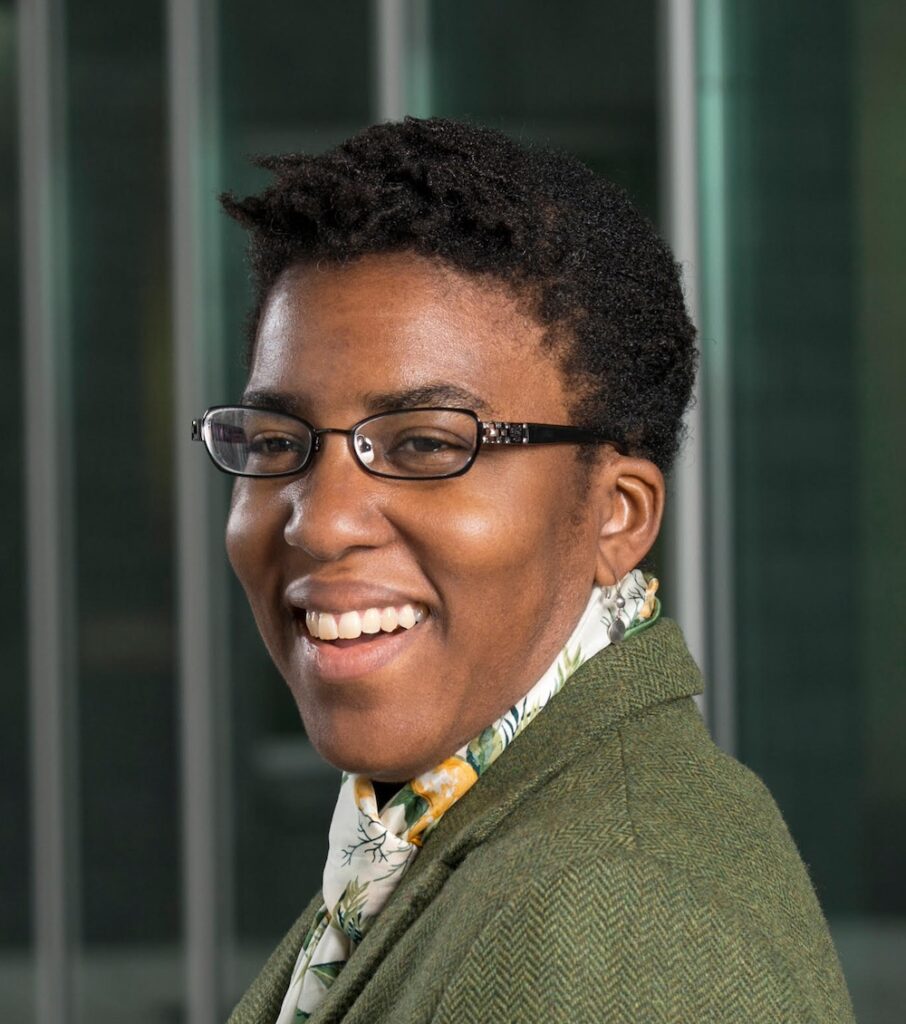Please join us on Thursday, October 10 at 2pm for a talk by Anne Washington, Assistant Professor of Data Policy at the NYU Steinhardt School of Culture, Education, and Human Development. This talk is part of a symposium series presented by the UC Berkeley Computational Research for Equity in the Legal System Training Program (CRELS), which trains doctoral students representing a variety of degree programs and expertise areas in the social sciences, computer science and statistics.
Co-sponsored by the UC Berkeley Berkeley Institute of Data Sciences (BIDS) and the UC Berkeley School of Information. This event will be presented in-person and will not be livestreamed.
Abstract
Can predictive algorithms serve the public interest? Organizations that streamline for algorithmic efficiency may place additional burdens on individuals experiencing predictions. History suggests that initiatives intended to serve everyone can distribute resources unevenly. Drawing on STS theory and public policy, I argue that public interest predictions are conceptually different. Examples from automated government systems illustrate how to identify when beneficence is shared.
About the Speaker
Anne L. Washington, PhD studies the societal impact of computing, with an emphasis on public interest technology. As a computer scientist trained in interpretive ethnography, she draws on a wide range of methods. The National Science Foundation has funded her research multiple times including a prestigious National Science Foundation CAREER award. She testified before Congress on artificial intelligence in financial services in 2019 and has directed the Digital Interests Lab since 2020. Her top-selling book, Ethical Data Science: Prediction in the Public Interest was published in December 2023 by Oxford University Press. She is an Assistant Professor of Data Policy at New York University and currently is serving as a 2024-2025 fellow at the Center for Advanced Study in the Behavioral Sciences, CASBS, at Stanford University.
View Map